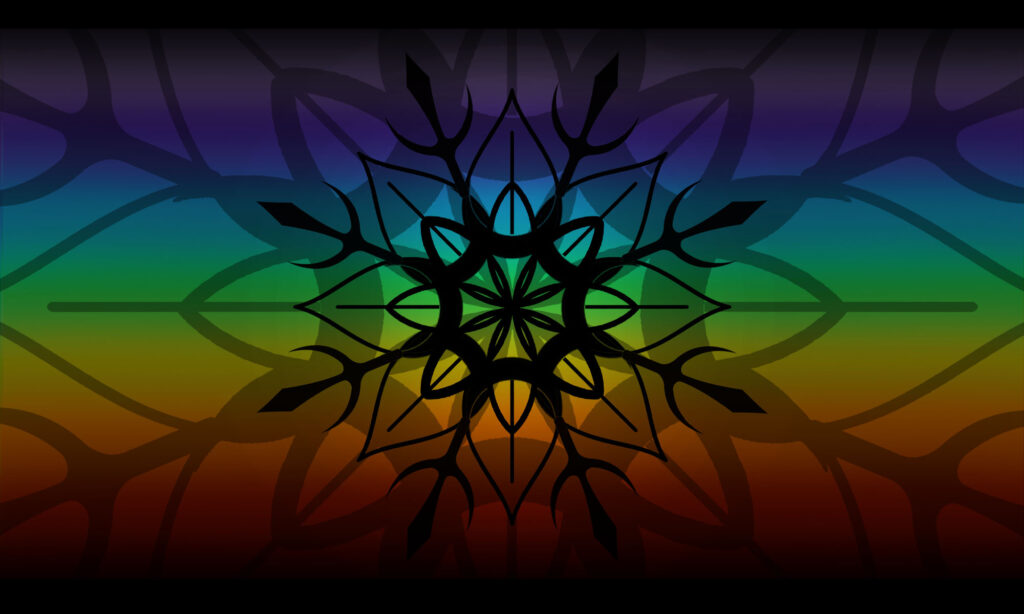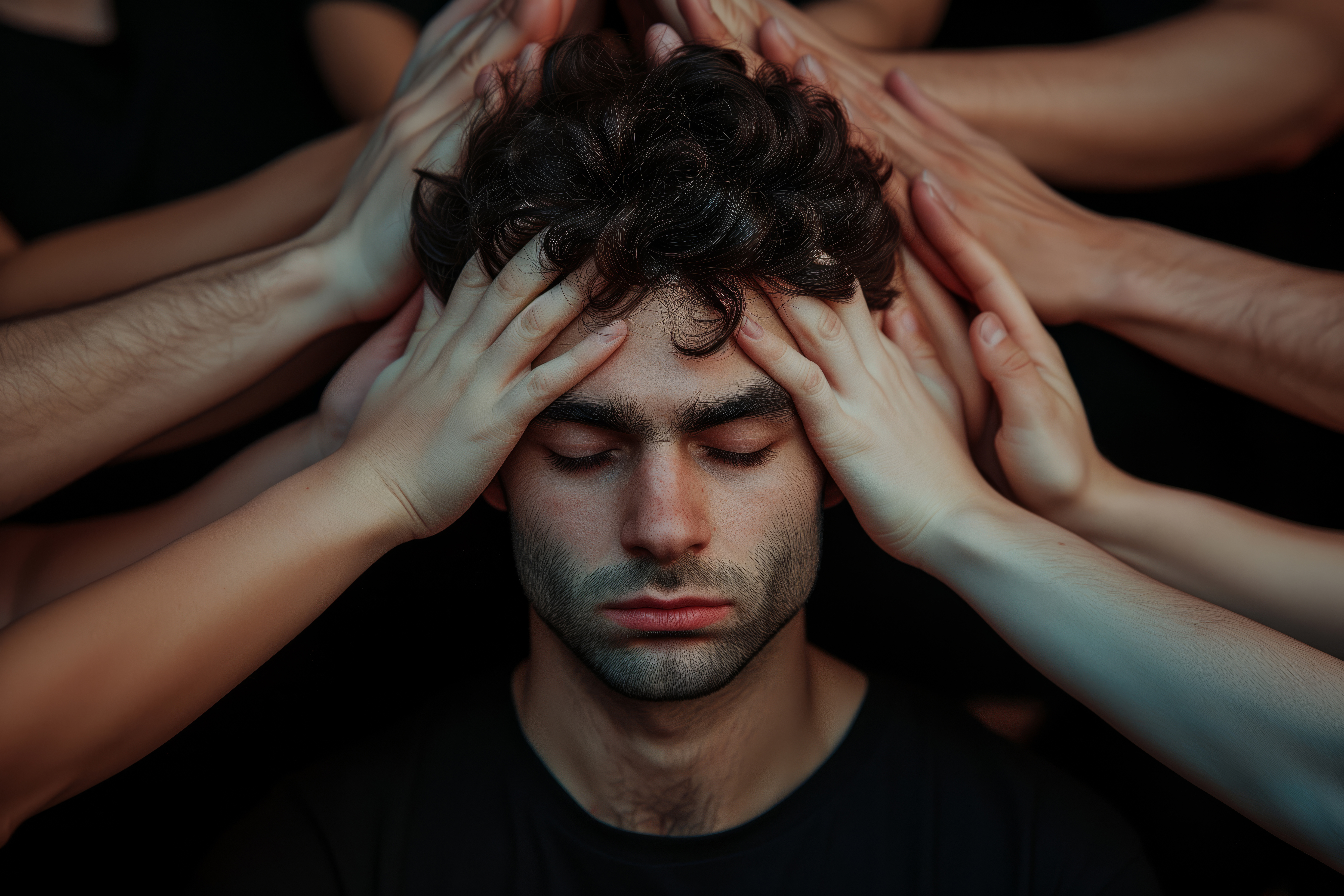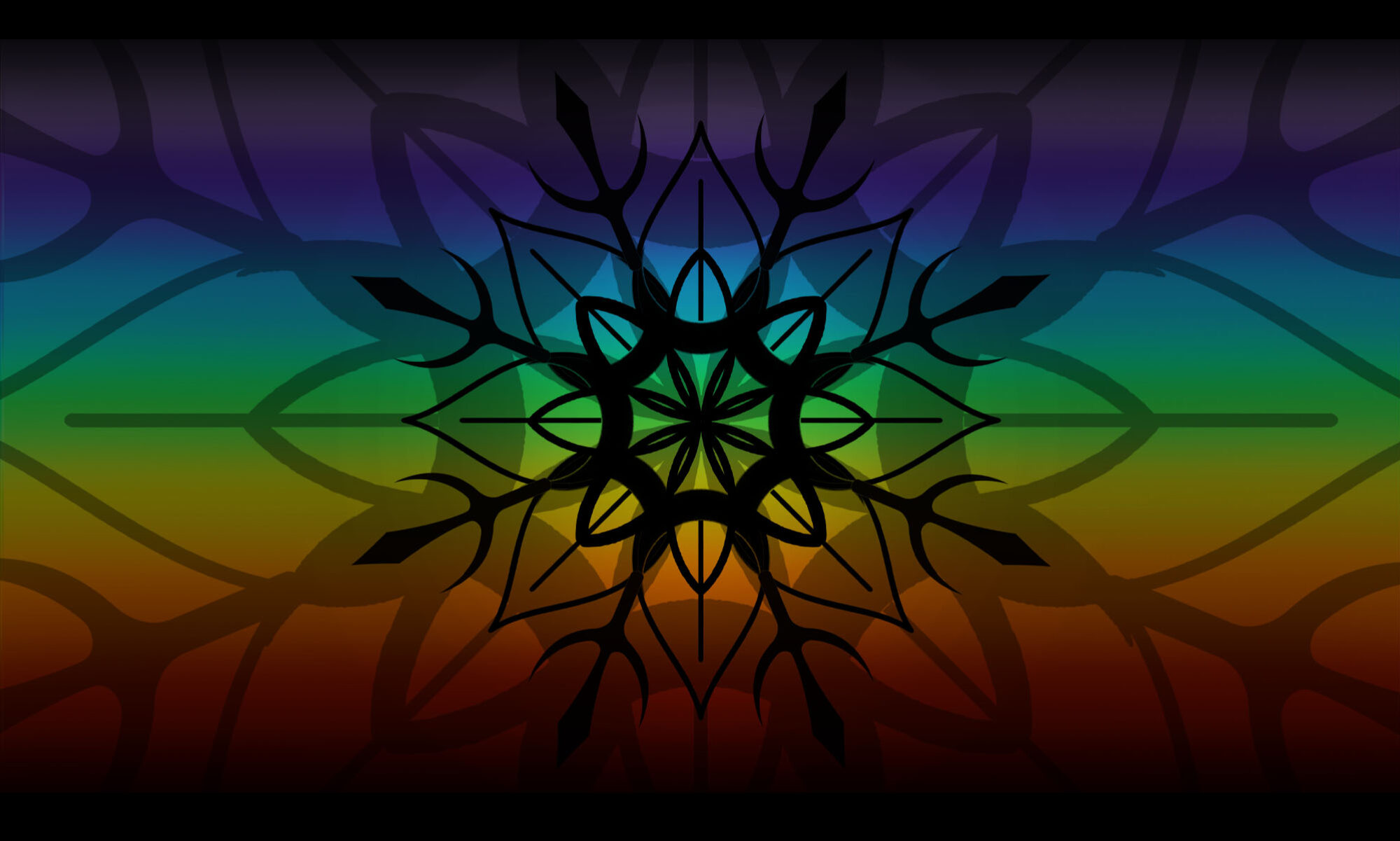The problems we encounter in daily life can vary depending on the sector we work in, the culture we live in, and societal trends. However, some basic struggles have a common place in all of our lives. Issues like physical and mental health, work-life balance, and environmental problems are just a few of the biggest challenges of the modern world. Let’s dive deeper into these issues and look at both their causes and potential solutions.
The fast pace of modern work life profoundly impacts individuals’ mental and physical health. Society’s success-oriented expectations can lead individuals to constantly feel the need to prove themselves, which can cause burnout. In addition to the workload and time pressure, the constant connectedness that technology has brought into our lives fatigues the mind and takes away the opportunity for individuals to rest.

The intense work pace, a world order full of uncertainties, and the constant state of being online lead many people today to experience feelings of anxiety, depression, and burnout. The social isolation brought by technology, along with the reduction in face-to-face communication, deepens feelings of loneliness. Individuals enter into a constant comparison cycle with the image they create on social media, which can lead to issues like feeling inadequate.
Although seeking support is no longer seen as a taboo, the fear of stigma still exists in some circles. However, due to economic inequalities, access difficulties, and the lack of sufficient resources, it’s not always possible for everyone in need to reach psychological support or therapy. This situation can further intensify feelings of loneliness and helplessness. Additionally, despite awareness campaigns in the field of mental health and the increasing understanding of society, gathering the courage to seek this support can still be a difficult process, especially in traditional or conservative societies.
The Importance of Mental Health and Balance in Yoga
In yoga, mental health is defined as the harmony between the mind (Manas), intellect (Buddhi), and ego (Ahamkara) under the guidance of the higher self (Atman). Imbalances in these layers and our identification with experiences from the outside world can lead to mental disorders like stress, anxiety, and depression. Yoga is a holistic approach aimed at correcting these imbalances and helping the individual rediscover inner peace.
The Causes of Pain
Patanjali defines the causes of human pain and mental confusion as five basic obstacles, or kleshas:

Avidyāsmitārāgadveṣābhiniveśāḥ kleśāḥ
PYS 2.3
The causes of pain are ignorance , ego, attachment, aversion, and fear of death.
These obstacles disturb the mental balance of an individual, preventing them from understanding their true nature and achieving peace.
Avidyā (Ignorance)
Avidyā means misunderstanding one’s true nature and failing to recognize the self. This ignorance causes individuals to identify with transient and external factors instead of their true essence. When we define ourselves by our work, achievements, relationships, or physical appearance, we encounter pain and dissatisfaction when these elements change. Avidyā also prepares the ground for attachment, aversion, and fear.
Yoga helps the individual develop awareness. Especially through meditation and breathwork (pranayama), yoga reduces the mental confusion and allows the individual to discover their true nature.
Asmita (Ego)
Asmita refers to identifying oneself with the ego and feeling separate from the whole. The ego pushes an individual to define themselves through achievements, status, or thoughts. This leads to constant comparisons with others and a sense of competition. As a result, the individual may experience deep loneliness, dissatisfaction, and a feeling of lack.
Yoga philosophy reduces ego identification by reminding individuals of the transient nature of life. Asana (physical postures) and meditation enable the individual to live in the present moment and focus on inner peace rather than external achievements.
Rāga and Dvesha (Attachment and Aversion)
Rāga is the attachment to experiences that are pleasurable, while Dvesha is the aversion to experiences that are unpleasant. The human mind tends to chase pleasurable things while avoiding situations that cause discomfort. However, this imbalance can cause the individual to become stuck in their comfort zone and struggle to discover their true potential. Dissatisfaction and a constant sense of searching are the results of these imbalances.
Yoga teaches to establish a balance between pleasant and unpleasant experiences. Overcoming emotional tendencies like Rāga and Dvesha helps the individual see every experience in life as a learning opportunity, which enhances feelings of fulfillment and peace.
Abhinivesha (Fear of Death)
Abhinivesha is the deep fear and insecurity felt in the face of life’s transience. Due to this fear of the unknown, the individual avoids letting go of control in their life. However, this situation can lead to the loss of mental flexibility and resistance to life.
The fear of death and insecurity can be overcome through yoga practice. Practices like mantra meditation and Yoga Nidra help reduce anxiety, allowing the individual to accept life more openly.

Kleshas form the foundation of human mental and emotional confusion. However, yoga has the power to recognize and transform these obstacles. Regular yoga practice not only brings the individual to mental peace but also helps them discover a deeper meaning in life.
What Does Yoga Offer Us?
Asana
Use asanas to reduce tension, improve energy flow, and balance your nervous system.
Pranayama
Breath is the bridge between our mind and body. Controlling the breath calms the nervous system and creates mental clarity.
Meditation and Mindfulness
Meditation calms the fluctuations in the mind, reducing stress and providing inner balance.

Lifestyle Changes
Establish a consistent sleep schedule to balance the body and mind. Incorporate calming activities like Abhyanga (self-massage) into your routine. Include sattvic foods in your diet.
Connecting with Nature
Walk barefoot on grass or sand to ground your energy. Spend time in the sunlight. Practice mindfulness in nature.
Incorporate Yamas and Niyamas into Your Life
Cultivate compassion for yourself, avoid harsh self-criticism. Rather than worrying about the future, develop gratitude for the present moment. Practice regularly, even when motivation is low. Trust the flow of life to avoid getting lost in excessive thinking. Through regular self-reflection, understand and reshape your thought patterns.
Yoga helps us shift our attention from external pressures to inner balance. By focusing on root causes to calm anxiety, alleviate depression, and heal burnout, it offers tools to create harmony. This practice develops resilience, allowing us to face life’s uncertainties with peace and clarity.
Need help?: namaste@shakti.istanbul


